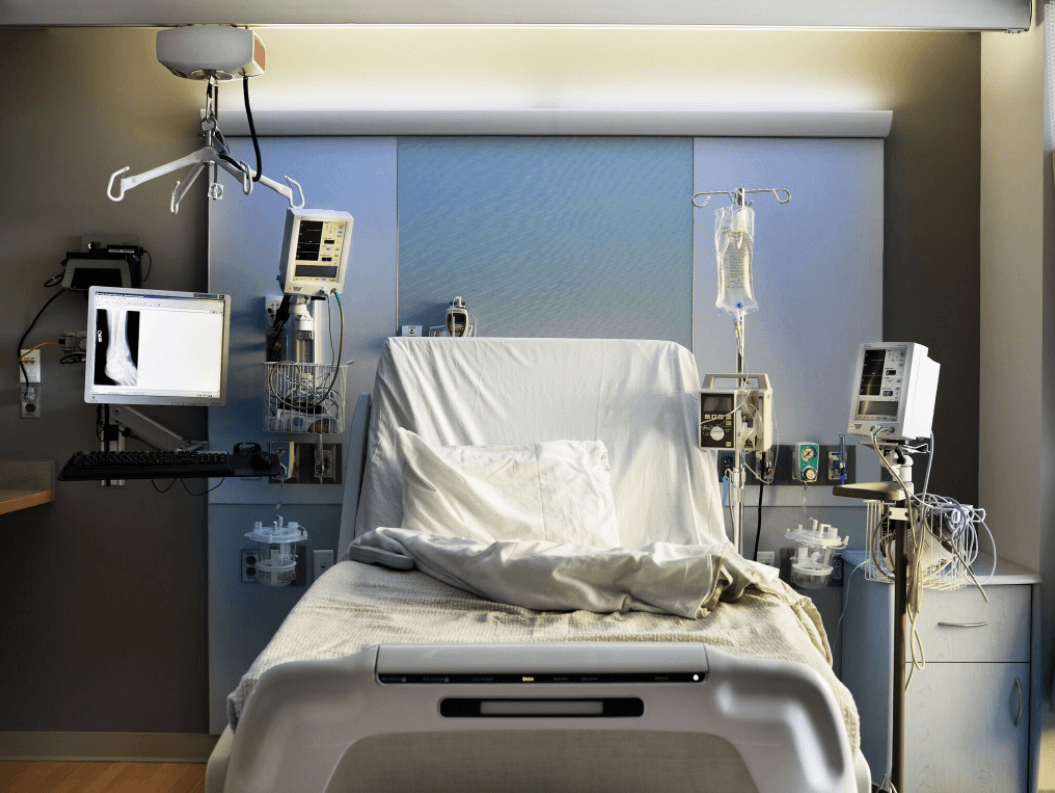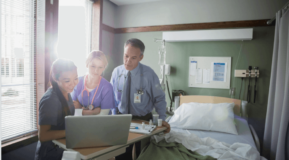When was the last time you lost your keys? I don't like big key rings, so I have all my keys on individual rings – two sets of car keys and a set of house keys. While this makes for smaller things to carry around, it gives me three times as much opportunity to lose said keys. We've all been there, and we also know that companies like Tile, Trackr, and a host of others have been created to help us avoid this nuisance. I even lent my car to a friend for a week, and when the keys came back, they had a Tile on the ring – that's how much she relies on it. You never know that your keys are lost until you are trying to get out the door, and at that moment, finding them is critical.
Finding Life-Critical Things
Now consider the frustration you might feel when you lose your keys, but imagine the increased pressure when you're looking for something that is critical to doing your job—saving someone's life. That is what nurses live with every day. They need to find things to help care for their patients every day, all day. When they need to take your blood pressure, they need a cuff. When they need to setup an IV, they need an infusion pump. When they need to move a patient, they need a wheelchair.

Each of these items comes with different urgency. If you can't find the asset quickly, then the whole process of patient care slows down. If a nurse can't find a wheelchair to move a patient to radiology in a timely fashion, then the radiology department backs up, the radiologist doesn't get a scan to read, the doctor doesn't get the results quickly, and the patient's diagnosis and most importantly, the patient's treatment slows down.
Knowing where things are – asset tracking – is important to any business, but especially important in healthcare. In any given hospital, there are more than 15 types of things that are mobile and required to provide care. Some are technologically sophisticated, like mobile X-ray machines. Some are not, like wheelchairs or crutches. What is in common is they are all critical to providing care, and the people who need them don't have extra time to spend looking.
This is why hoarding of medical devices is such a big problem. Caregivers come on shift, they know they'll need three or four devices of a certain type, so they grab them from the supply room and hide them where only they can find them. This means that those devices are not available for others, and hospitals end up over-provisioning expensive biomedical devices that cost thousands of dollars.
Track It and Find It Fast
When a hospital implements Aruba BLE-based asset tracking, those devices can easily be located on a map using iOS or Android smart devices, which dramatically cuts down the time required to find something. Clinicians and staff come to trust that devices are where they are supposed to be and stop hoarding. Hospitals save money by making sure there are enough devices available at all times to care for their patients, but not so many that they devices are being under utilized.
When a hospital has an Aruba WLAN, the cost of deploying asset tags is fairly low, which results in a quick return on investment. The network and the networking team provide extra value, there's no steep learning curve, and everyone is more efficient.
The next time you are using an app to look for your keys, just remember that somewhere in the world a nurse is probably looking for a device to save the life of a patient. Hopefully, the nurse is using a mobile app and asset tracking to find it.
Learn More




